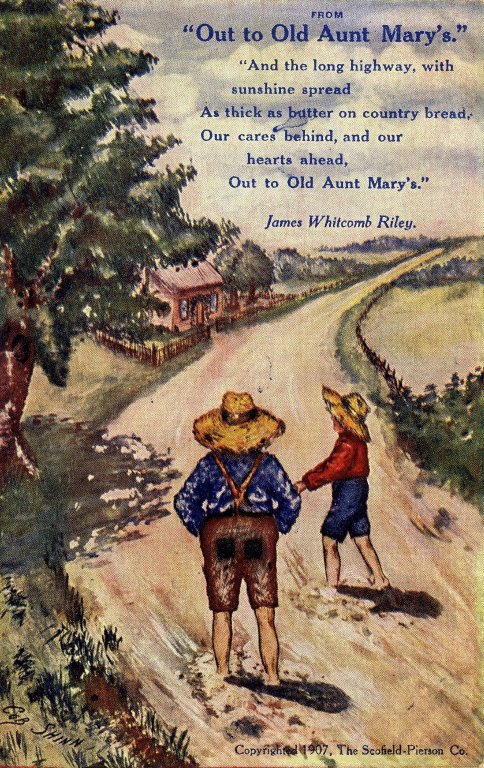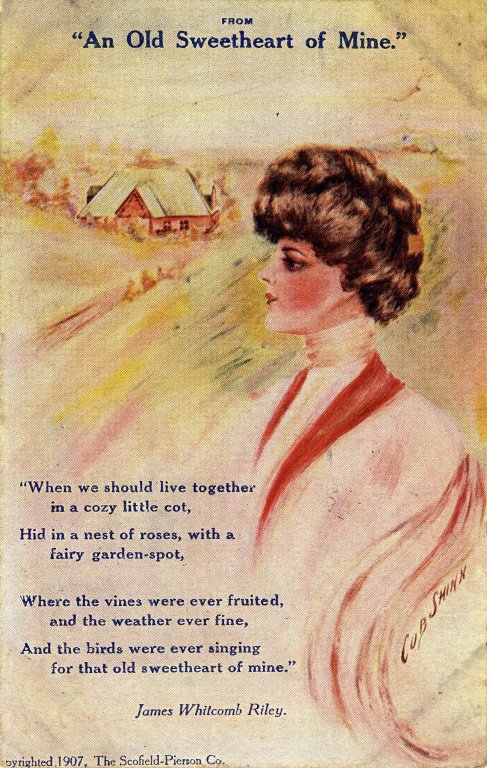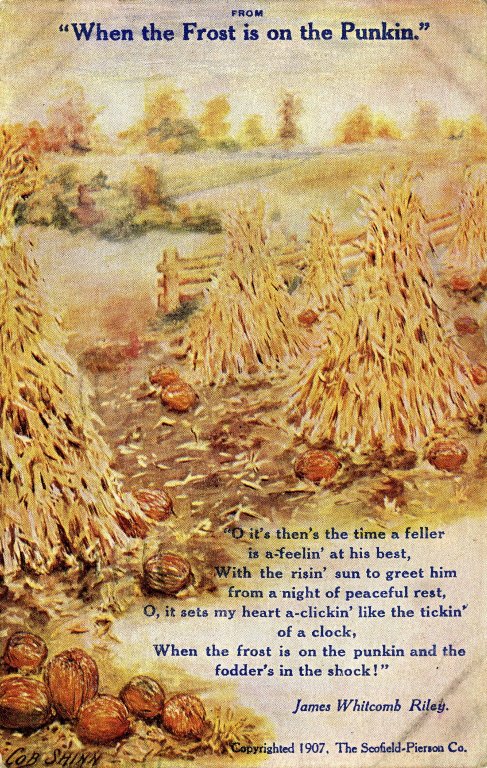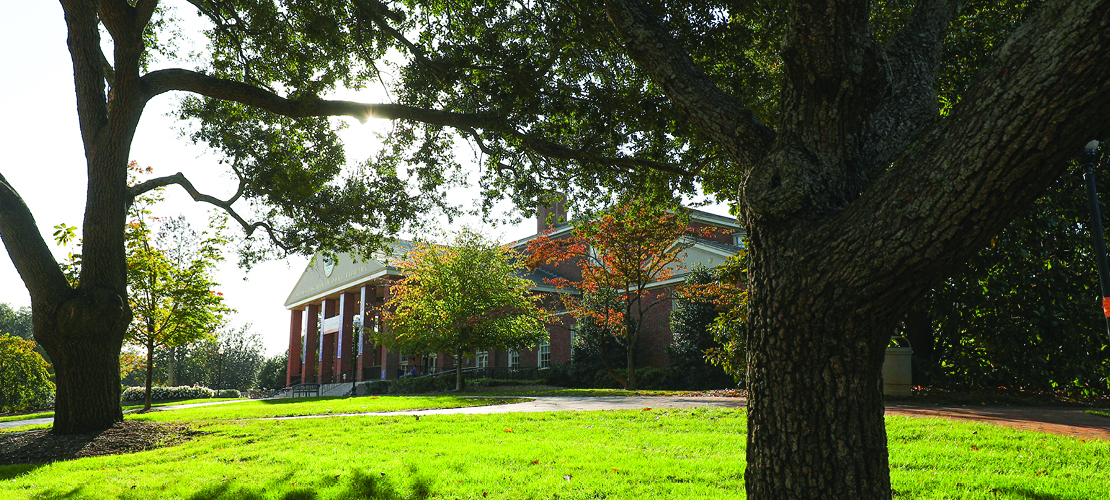In 1996, the Academy of American Poets established April as National Poetry Month, a time to celebrate poetry and its vital and positive impact on humanity. It is celebrated across America by schools, book stores, publishers, libraries, and anyone who loves poetry.
Furman University embraces National Poetry month, and is a strong supporter of poetry and poets. The Special Collections and Archives within the Library is the home of the South Carolina Poetry Archives, a collection which includes the works of all South Carolina poets laureate, literary fellows selected by the South Carolina Arts Commission and the National Endowment for the Arts, South Carolina Fiction Prize winners, and recipients of significant awards. Moreover, Furman University is home of The Ninety-Six Press, a publisher that only focuses on the poetry of South Carolina poets, usually in single-author books, but sometimes in anthologies.
The digital collections in the Library also have an assortment of poetry and related resources ranging from poetry entries in student year books and newspapers to post cards. Throughout the month of April, we’ll be showcasing some of the poetry from the digital collections and providing updates about poetry related events around campus. Be sure to stay tuned for an inspiring month of postings!
The first little showcase of poetry within the Digital Collections is a group of 3 small full-color postcards featuring excerpts from the poetry of Indiana poet, James Whitcomb Riley. The postcards are part of the Greenville Woman’s College collection and were used in the early 1900s. One of the postcards was actually sent by Mary C. Judson, principal of Greenville Woman’s College from 1878-1912.
James Whitcomb Riley (1849-1916) wrote over 1,000 poems and is often known as the “Hoosier poet” for his connection to Indiana or “the children’s poet” for the quantity of children’s verse he penned. Although famous for his midwestern upbringing, he does have a connection to South Carolina. His mother’s parents (John and Frances Marine) owned a farm in Marlboro County, South Carolina prior to the birth of their youngest daughter (Riley’s mother). John Marine was a poet in his own right, often writing religious verses. In the 1820s, the Marines left the south, crossed over the Blue Ridge Mountains and settled in Indiana, and the rest is poetry history. Enjoy this small sample of Riley’s work displayed on strikingly lovely postcards:





